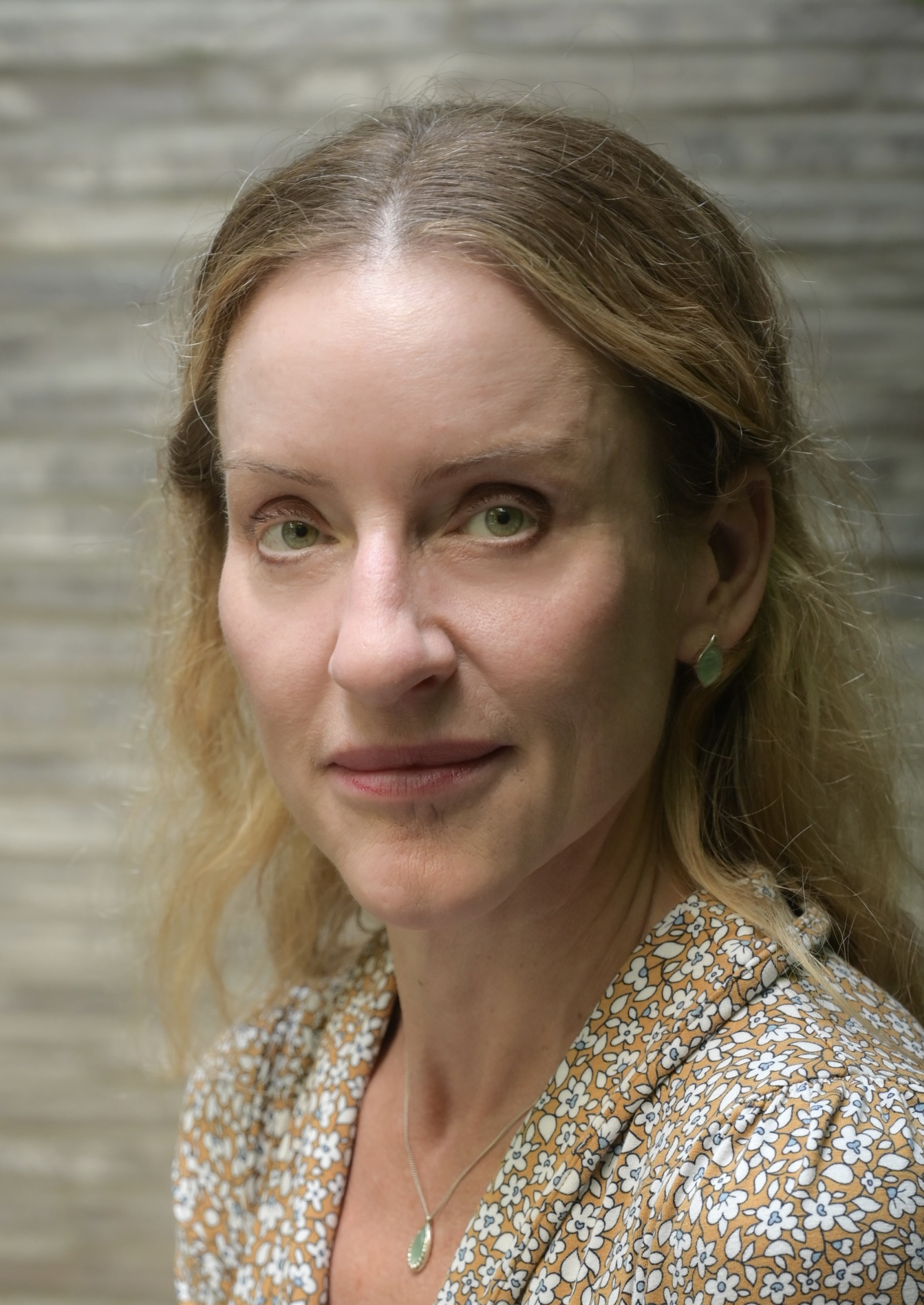HMEI Biodiversity Special Seminar: “When Does Biodiversity Matter for Ecosystem Services? Evidence from Pollinators and Pollination”
Rachael Winfree, professor of ecology, evolution and natural resources at Rutgers University, will present “When Does Biodiversity Matter for Ecosystem Services? Evidence from Pollinators and Pollination” in Guyot Hall, Room 10, and online via Zoom. Winfree is the third speaker in a series of Special Seminars focused on Biodiversity.
Biodiversity loss is one of the greatest challenges of this century. At the same time, human well-being relies on ecosystem services such as pollination and carbon storage that are delivered by nature. We currently lack a clear understanding of biodiversity’s role in providing ecosystem services in the real world — that is, in natural, non-experimental systems studied at large spatial scales. Native pollinators provide an ideal opportunity to study these relationships for an ecosystem service that is essential to humanity, because roughly 85% of wild plant species and 75% of crop plants require animal-mediated pollination. Winfree’s lab has developed an empirical framework to examine the interplay between native bee biodiversity and pollination services. She will discuss how key studies from her group have enabled us to: (1) determine the extent to which ecosystem services depend on the number of species present (i.e., biodiversity) or if these services are largely provided by a small subset of functionally important species, and (2) assess how the importance of biodiversity to ecosystem services changes as one moves from small to large spatial scales. She will discuss how these findings lead to the development of a new conceptual framework to better understand the functional importance of biodiversity across scales. She will close by describing how she work with conservation organizations and government agencies to facilitate on-the-ground biodiversity conservation.
This seminar is free and open to the public. All attendees can register here in advance to attend this event via Zoom livestream.
- This event has passed.
HMEI Biodiversity Special Seminar: “When Does Biodiversity Matter for Ecosystem Services? Evidence from Pollinators and Pollination”
Mon, Apr 22, 2024 ・ 12:30 PM - 1:30 PM
10 Guyot Hall


Rachael Winfree, professor of ecology, evolution and natural resources at Rutgers University, will present “When Does Biodiversity Matter for Ecosystem Services? Evidence from Pollinators and Pollination” in Guyot Hall, Room 10, and online via Zoom. Winfree is the third speaker in a series of Special Seminars focused on Biodiversity.
Biodiversity loss is one of the greatest challenges of this century. At the same time, human well-being relies on ecosystem services such as pollination and carbon storage that are delivered by nature. We currently lack a clear understanding of biodiversity’s role in providing ecosystem services in the real world — that is, in natural, non-experimental systems studied at large spatial scales. Native pollinators provide an ideal opportunity to study these relationships for an ecosystem service that is essential to humanity, because roughly 85% of wild plant species and 75% of crop plants require animal-mediated pollination. Winfree’s lab has developed an empirical framework to examine the interplay between native bee biodiversity and pollination services. She will discuss how key studies from her group have enabled us to: (1) determine the extent to which ecosystem services depend on the number of species present (i.e., biodiversity) or if these services are largely provided by a small subset of functionally important species, and (2) assess how the importance of biodiversity to ecosystem services changes as one moves from small to large spatial scales. She will discuss how these findings lead to the development of a new conceptual framework to better understand the functional importance of biodiversity across scales. She will close by describing how she work with conservation organizations and government agencies to facilitate on-the-ground biodiversity conservation.
This seminar is free and open to the public. All attendees can register here in advance to attend this event via Zoom livestream.







